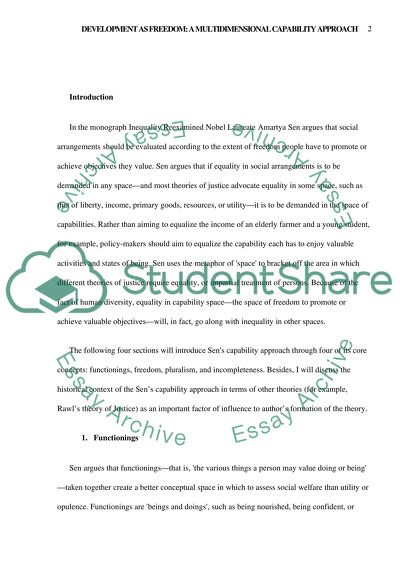Cite this document
(“Multidimensional Capability Approach Book Report/Review”, n.d.)
Multidimensional Capability Approach Book Report/Review. Retrieved from https://studentshare.org/sociology/1529941-multidimensional-capability-approach
Multidimensional Capability Approach Book Report/Review. Retrieved from https://studentshare.org/sociology/1529941-multidimensional-capability-approach
(Multidimensional Capability Approach Book Report/Review)
Multidimensional Capability Approach Book Report/Review. https://studentshare.org/sociology/1529941-multidimensional-capability-approach.
Multidimensional Capability Approach Book Report/Review. https://studentshare.org/sociology/1529941-multidimensional-capability-approach.
“Multidimensional Capability Approach Book Report/Review”, n.d. https://studentshare.org/sociology/1529941-multidimensional-capability-approach.


